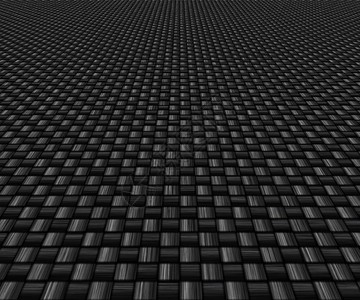UAV and composite material
Back in 1948, aircraft were made primarily of metal alloys, which were
extremely heavy, noisy, corrosive and required extensive amounts of
maintenance making them less efficient than modern solutions for flight.
The aerospace industry has steadily been adopting composite materials
into their designs to achieve lighter solutions with the same strength
of metal alloy counterparts yet with many added benefits such as
corrosion resistance, lower required maintenance, advanced sound
attenuation (noise reduction), greater design freedom and longer life
spans. Since 1987, the use of composites in the aerospace industry has
doubled every five years to the point now where many newer aircraft are
made with more than 50% composite materials, such as the A350 XWB and
the Boeing 777X. carbon fabric,carbon plates ,honeycombed plates are lightweight ,anti erosion,sound isolation are ieal material for bulkhead of modern aviation industry

